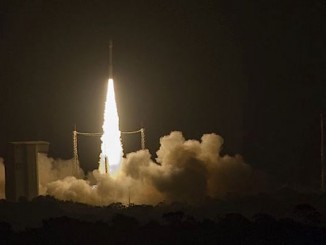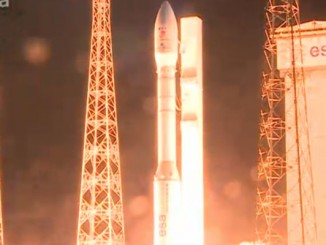
Gravitational Waves

Mission Reports

Mission Reports

Mission Reports

Mission Reports

Mission Reports





© 1999-2026 Spaceflight Now Inc